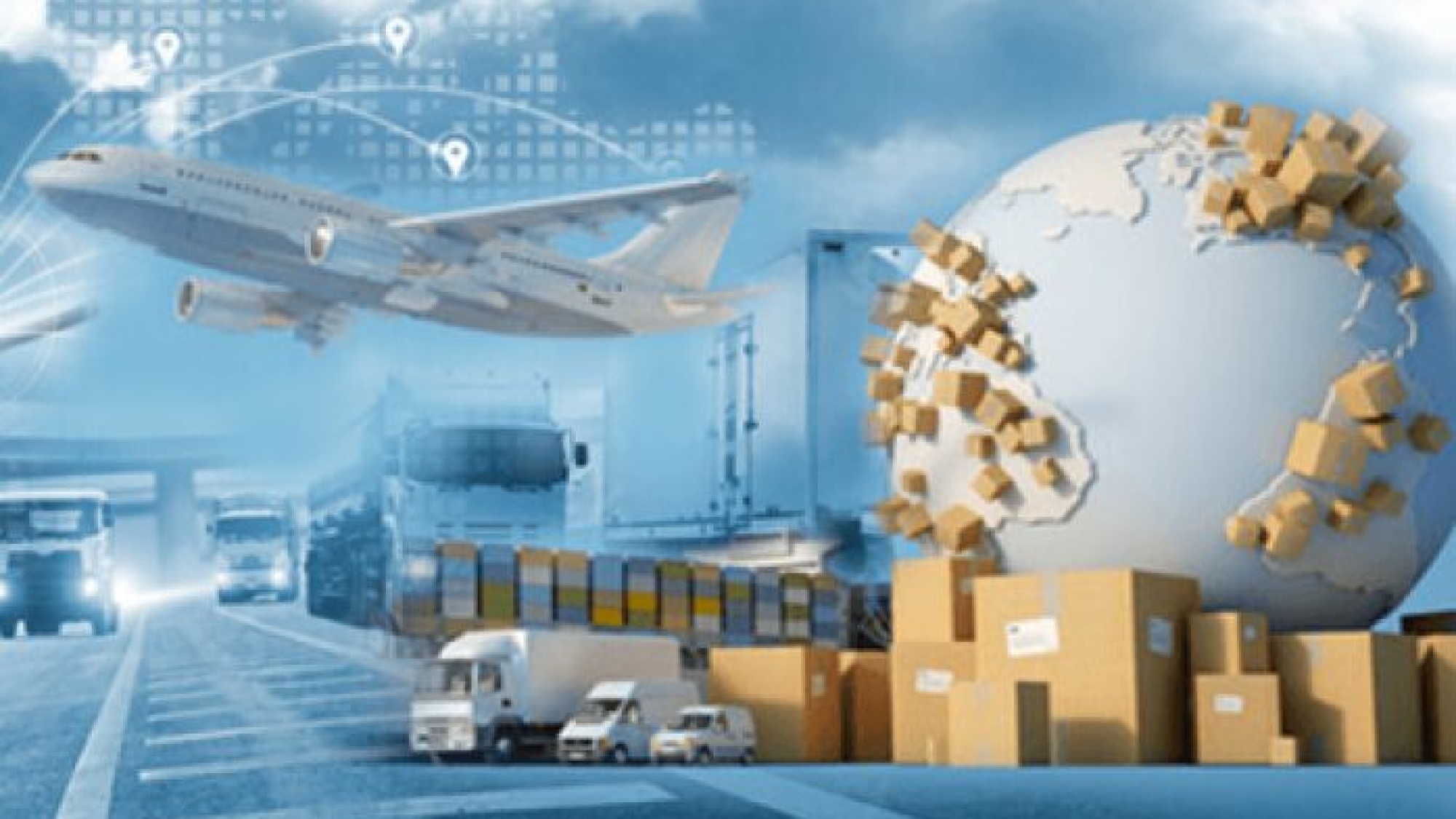Emerging technologies have revolutionized the landscape of global logistics, transforming traditional supply chain models and enhancing efficiency, transparency, and sustainability across the industry. From blockchain and artificial intelligence (AI) to Internet of Things (IoT) devices and autonomous vehicles, these innovations are reshaping how goods are transported, tracked, and managed on a global scale.
1. Enhanced Efficiency and Automation: Emerging technologies such as AI and robotics have automated and optimized various aspects of logistics operations. AI-powered algorithms analyze vast amounts of data to optimize route planning, inventory management, and warehouse operations, reducing costs and minimizing delays. Robotics and automation streamline processes such as picking, packing, and sorting in warehouses, increasing speed and accuracy while reducing labor costs.
2. Real-time Tracking and Visibility: The proliferation of IoT devices and sensor technology enables real-time tracking and monitoring of goods throughout the supply chain. From GPS-enabled trackers to RFID tags, these technologies provide visibility into the location, condition, and status of shipments, allowing for proactive decision-making and timely intervention in case of disruptions. This enhanced visibility improves supply chain resilience and customer satisfaction while reducing the risk of theft, loss, or damage.
3. Supply Chain Transparency and Traceability: Blockchain technology has emerged as a game-changer in supply chain management, offering unparalleled transparency and traceability. By creating an immutable and decentralized ledger of transactions, blockchain enables stakeholders to track the movement of goods from origin to destination with unprecedented accuracy and trust. This transparency not only reduces the risk of counterfeiting and fraud but also enhances compliance with regulatory requirements and sustainability standards.
4. Sustainable Logistics Practices: Emerging technologies play a crucial role in promoting sustainability within the logistics industry. Electric and autonomous vehicles reduce carbon emissions and fuel consumption, while route optimization algorithms minimize empty miles and congestion. IoT sensors monitor environmental conditions such as temperature and humidity, ensuring the integrity of perishable goods while reducing waste. Additionally, blockchain enables the certification and verification of sustainable practices, fostering accountability and responsible sourcing throughout the supply chain.
5. Last-Mile Delivery Innovations: The rise of e-commerce and the demand for faster delivery have spurred innovations in last-mile logistics. Drones and autonomous delivery vehicles offer efficient and cost-effective solutions for urban and remote areas, bypassing traffic congestion and overcoming logistical challenges. Delivery robots and smart lockers provide convenient options for contactless delivery and secure package retrieval, enhancing the customer experience and reducing delivery times.
6. Adaptation and Resilience: In an era of unprecedented disruptions, emerging technologies empower logistics providers to adapt and respond to changing market dynamics with agility and resilience. Predictive analytics and machine learning algorithms anticipate demand fluctuations and supply chain risks, enabling proactive mitigation strategies. Digital twins and simulation technologies simulate various scenarios, allowing organizations to test and optimize their logistics networks in a virtual environment before implementation.
In conclusion, the impact of emerging technologies on global logistics is profound and multifaceted, driving innovation, efficiency, and sustainability throughout the supply chain. As these technologies continue to evolve and mature, logistics providers must embrace digital transformation to remain competitive in an increasingly complex and interconnected world.


Add a Comment